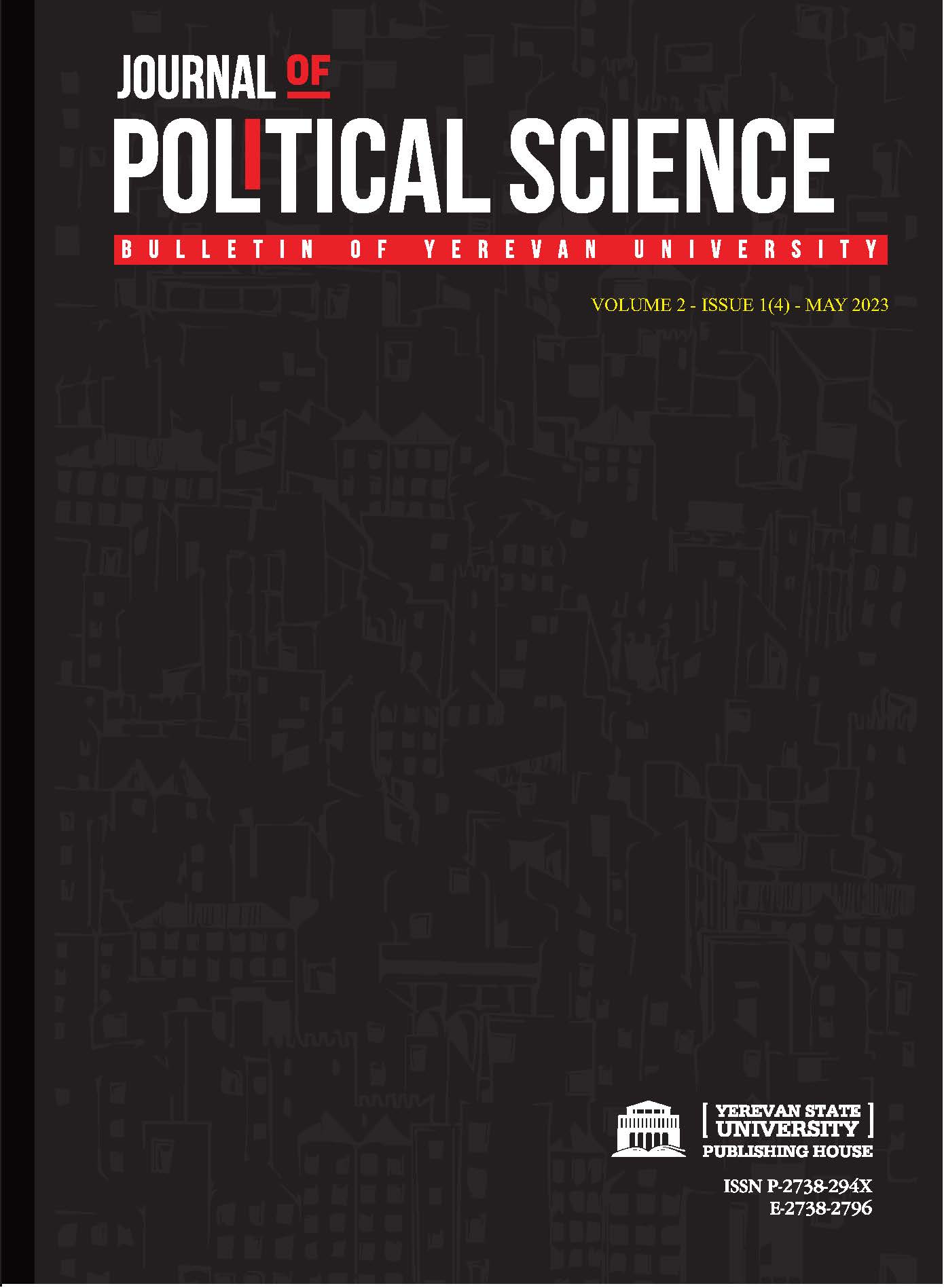Taylor, Monique. 2022. China’s Digital Authoritarianism. Politics and Development of Contemporary China. Palgrave Macmillan, Cham. XVII, 169 pp. https://doi.org/10.1007/978-3-031-11252-2
DOI:
https://doi.org/10.46991/JOPS/2023.2.4.158Keywords:
Chinese politics, internet governance, digital authoritarianism, cyber sovereignty, cyberspace, great firewall, cyber policy, Chinese dreamAbstract
This book examines the problem of modern Chinese digital authoritarianism, as well as the key global process of modern development, covering various areas of public life. The characteristic features of the global and regional trends in the digitalization of society are identified and described, which modernize the task of adapting political regimes to new network conditions both in China and in other authoritarian countries. This, in turn, raises the question of the need for a comprehensive comparative analysis of cases of legitimation of different political regimes in order to develop a package of recommendations for the effective transformation of the modern Chinese political regime. The most difficult scientific problem is, first of all, the definition of deep transformations of social and political reality under the pressure of forced digitalization. Other problems actualize the chosen research topic: the risks and threats of information wars, politicized fakes, attempts to distort historical memory, which can trigger the processes of delegitimization of the political regime. At the same time, digitalization gives political regimes additional prospects in terms of the use of social networks by government bodies, the transformation of communication models of the ruling parties.
China’s digital technologies are research topics in political science and international relations that affect the quality and effectiveness of governance. In this regard, time and reflective ways of theorizing about digital technologies in international relations are important. The author focuses on the analysis of the role of technological continuity and changes in China, which today has practically no proven approaches to studying the impact of digitalization and big data on international relations.
References
Taylor, Monique. 2022. Authoritarian Governance and China’s Party-Centric Model. In: China’s Digital Authoritarianism. Politics and Development of Contemporary China. Palgrave Macmillan, Cham. https://doi.org/10.1007/978-3-031-11252-2_2.
Taylor, Monique. 2022. Building Digital Authoritarianism: From the Great Firewall to the New IP. In: China’s Digital Authoritarianism. Politics and Development of Contemporary China. Palgrave Macmillan, Cham. https://doi.org/10.1007/978-3-031-11252-2_1.
Taylor, Monique. 2022. China’s Digital Authoritarianism Goes Global. In: China’s Digital Authoritarianism. Politics and Development of Contemporary China. Palgrave Macmillan, Cham. https://doi.org/10.1007/978-3-031-11252-2_6.
Taylor, Monique. 2022. Conclusion. In: China’s Digital Authoritarianism. Politics and Development of Contemporary China. Palgrave Macmillan, Cham. https://doi.org/10.1007/978-3-031-11252-2_7.
Taylor, Monique. 2022. Digital Authoritarianism in the Xi Jinping Era. In: China’s Digital Authoritarianism. Politics and Development of Contemporary China. Palgrave Macmillan, Cham. https://doi.org/10.1007/978-3-031-11252-2_4.
Taylor, Monique. 2022. Internet Governance During the Jiang Zemin and Hu Jintao Eras. In: China’s Digital Authoritarianism. Politics and Development of Contemporary China. Palgrave Macmillan, Cham. https://doi.org/10.1007/978-3-031-11252-2_3.
Taylor, Monique. 2022. The Party-Led Internet Economy. In: China’s Digital Authoritarianism. Politics and Development of Contemporary China. Palgrave Macmillan, Cham. https://doi.org/10.1007/978-3-031-11252-2_5.
Downloads
Published
Issue
Section
License
Copyright (c) 2023 Vache Kalashyan

This work is licensed under a Creative Commons Attribution-NonCommercial 4.0 International License.



